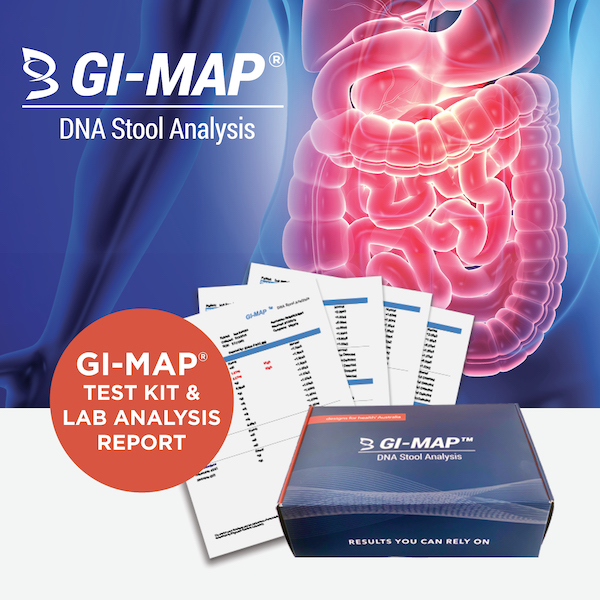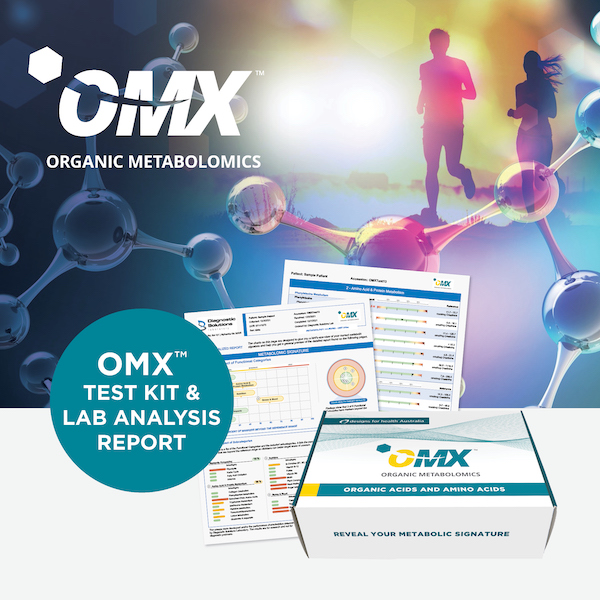INTRODUCING GI-MAP
Microbiome Testing:
For Personalised Treatment Protocols
The GI-MAP™ (GI-Microbial Assay Plus) test is the original comprehensive stool analysis to include an FDA-approved DNA/PCR assay for GI pathogens. The pathogen targets include bacteria, parasites and viruses using assays for microbes that are useful for integrative and functional medicine practitioners.
GI-MAP™ tests for GI pathogens, opportunistic organisms, normal flora, and markers of GI health including bacteria, viruses, parasites, fungi, inflammation, immune function, pancreatic function, and occult blood. Also analysed are antibiotic resistance genes and virulence factors.
GI-MAP Tests are used to help determine clinical significance and the most effective treatments.
INTRODUCING OMX
Metabolomic Testing:
Enhanced Insights into Patient Metabolic Status
The OMX Organic Metabolomics test evaluates urine metabolites—including organic acids, amino acids, and other key compounds—to assist practitioners in unravelling their patient’s metabolic pathways, revealing their unique Metabolic Signature.
Using a systems-biology approach, OMX assesses biomarkers that go beyond the traditional lists of metabolites.
This test enables practitioners to see a patient’s larger health picture by deciphering and connecting perturbations of key metabolic pathways and analytes, allowing for truly personalised therapeutic support.







